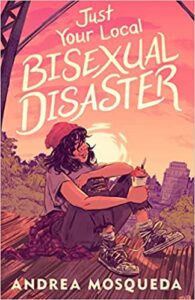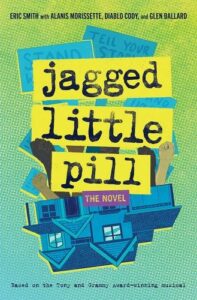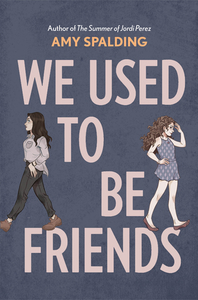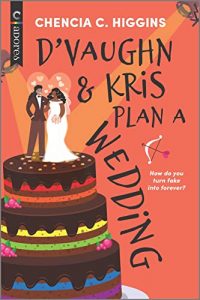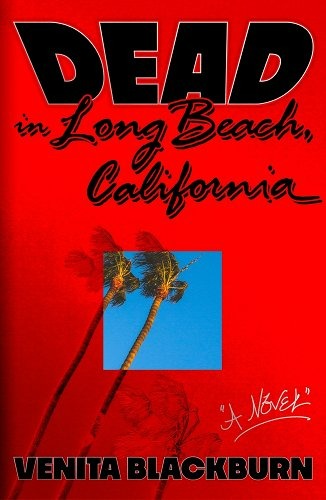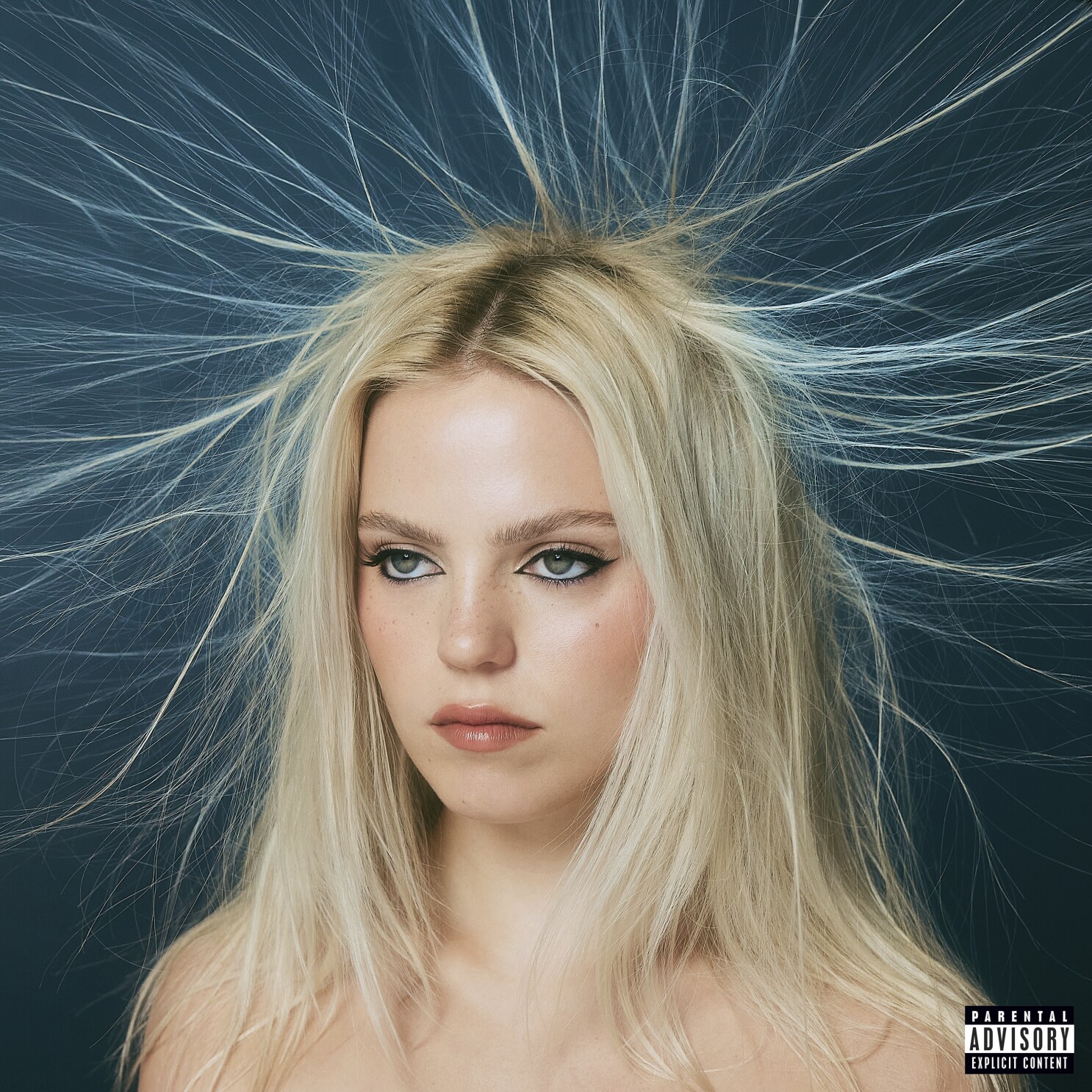On October 27th, 2014, the sapphic world changed for the better with the release of Taylor Swift’s 1989, which featured tracks such as “How You Get the Girl”, “Wonderland”, and “Welcome to New York”. Nine years later, 1989 (Taylor’s Version) is now out and made even better with five vault tracks that blend the music of 2014 and 2023 in a hypnotic earworm. As always, I can’t help but to compare Taylor’s lyrics to various titles I have read or heard about. If you are like me and want to have a Taylor song on a loop while you read a similar book, here are some readalikes to get you started!
“Slut!”
But if I’m all dressed up / They might as well be looking at us / If they call me a slut / You know it might be worth it for once / And if I’m gonna be drunk / Might as well be drunk in love
Taylor’s first vault track, “Slut!”, was rumored to be a condemnation of the double standards between men and women dating, based on her romantic history (much in the same vein as “Blank Space”). However, this song is less a call to arms as it is a tender look at a new relationship and how it can make you feel invincible, even amongst public opinion. In the same vein, I am reminded of how society stereotypes bisexual people as greedy or indecisive, which is explored in Andrea Mosqueda’s Just Your Local Bisexual Disaster. Maggie is the epitome of the messy bisexual as she falls for not one, not two, but three of her friends and tries to figure out not just her love life, but what she has planned for the future. I think that Maggie would be obsessed with Slut! just as I am.
“Say Don’t Go”
I’m standing on a tightrope alone / I hold my breath a little bit longer / Halfway out the door, but it won’t close / I’m holding out for you to say, “Don’t go” / I would stay forever if you say, “Don’t go”
“Say Don’t Go” is a lament about an one-sided romance that leaves Taylor by herself, knowing that her partner does not love her and yet still craving that validation from them. Similarly, in Eric Smith’s Alanis Morrissette-inspired ensemble novel Jagged Little Pill, Jo is in love with Frankie, the Black bisexual who can kiss her in private, but would rather commit publicly to a boy. Jo struggles with her mother continuously dismissing her sexuality and Frankie’s unwillingness to commit, making her almost a spokesperson for “Say Don’t Go”. I want to emphasize that Jagged Little Pill is an ensemble novel and focuses on other plotlines, leaving Jo and Frankie’s romantic plotline regretfully in the dust.
Trigger warning: Jagged Little Pill contains theme of sexual assault, infidelity, and drug addiction.
“Now That We Don’t Talk”
I don’t have to pretend I like acid rock / Or that I’d like to be on a mega yacht / With important men who speak important thoughts / Guess maybe I am better off / Now that we don’t talk
Taylor’s ode to past friendships and how she feels both free and regretful about not having certain people in her life anymore is an universal refrain, with TikTok users now using the chorus to share what they don’t have to pretend to like anymore to be liked. Upon hearing “Now That We Don’t Talk”, I immediately thought of Amy Spalding’s We Used to Be Friends, which explores the most traumatic breakup of all: that of childhood besties. At the start of their senior year in high school, James (a girl with a boy’s name) and Kat are inseparable, but by graduation, they’re no longer friends. James prepares to head off to college as she reflects on the dissolution of her friendship with Kat while, in alternating chapters, Kat thinks about being newly in love with her first girlfriend and having a future that feels wide open. Over the course of senior year, Kat wants nothing more than James to continue to be her steady rock, as James worries that everything she believes about love and her future is a lie when her high-school sweetheart parents announce they’re getting a divorce. If I didn’t know better, I’d almost think that Taylor wrote “Now That We Don’t Talk” after reading We Used to Be Friends.
“Suburban Legends”
I didn’t come here to make friends / We were born to be suburban legends / When you hold me, it holds me together / And you kiss me in a way that’s gonna screw me up forever
“Suburban Legends” feels like the romantic cousin of “Long Live (Taylor’s Version)”—the song tells the story of two star-crossed lovers who find success beyond their small town but try to stay together against all odds, even as it fails. The pressures of fame and the sweetness of love mix together in this poppy ode to love that shouldn’t exist and maybe won’t. I heartily recommend reading D’Vaughn and Kris Plan a Wedding by Chencia C. Higgins after listening to “Suburban Legends”. D’Vaughn and Kris are paired on a reality TV show to convince their families that they are getting married in six weeks, and while the two have different goals for being on the show, they never planned on meeting the love of their lives and being fake-engaged to them. There are many discussions of fame and how the reality TV setting inherently changes the course of Kris and D’Vaughn’s relationship, making this a perfect read alike for “Suburban Legends”.
“Is It Over Now?”
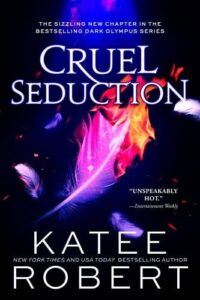
Baby, was it over / When she laid down on your couch? / Was it over when he unbuttoned my blouse?
“Is It Over Now” is both a song about cheating and a song about being cheated on; the singer sings about a failed relationship and reminisces whether it had truly ended even while the relationship continued. In similar taste, Cruel Seduction by Katee Robert is full of tangled love affairs and hearts being broken and healed (often within the same interactions). Aphrodite may be in an arranged marriage with one of the most hated men in Olympus, Hephaestus, but that doesn’t mean she is going to submit to him. If anything, she is going to keep fighting to get her way, even if it means seducing her new husband’s sister, Pandora. However, two can play at this game, and Hephaestus seduces Aphrodite’s ex-boyfriend, Adonis. This polyamorous dark romance will have you gasping from both the sexiness of Robert’s writing and the political mechanics that flow throughout Olympus.
You can get a copy of any of these titles from your local bookstore or library, or you can get a copy through Bookshop.
Theo (they/he) is a public librarian in Baltimore, who identifies as Indigenous, autistic, and panromantic demisexual. They enjoy reading queer literature for any age group, as well as fantasy, contemporary, and romance. In their spare time, they act in their local community theaters, play D&D, and are halfway through their MLiS program. You can find them on Goodreads, Twitter, or Instagram.
